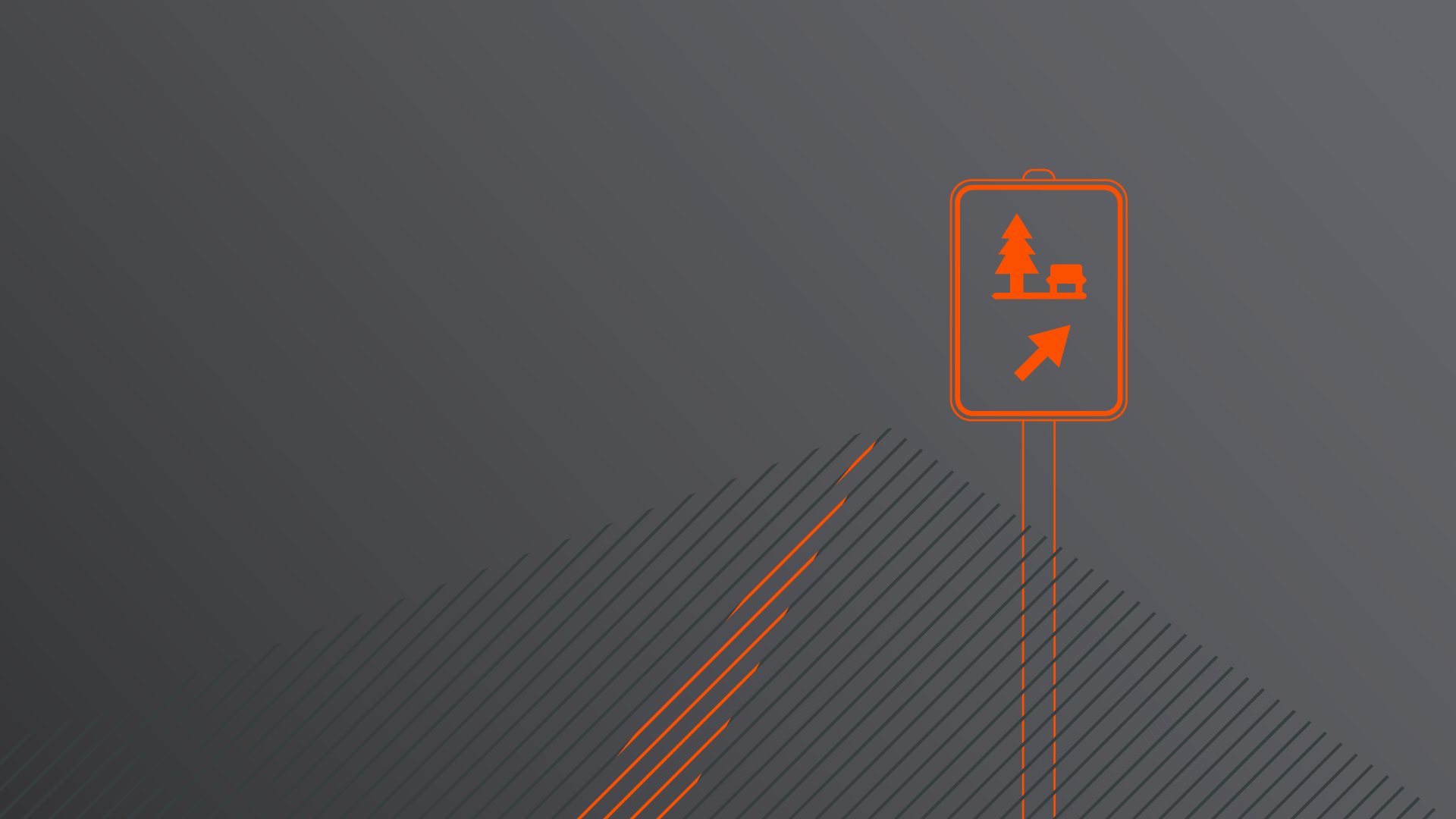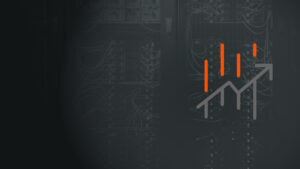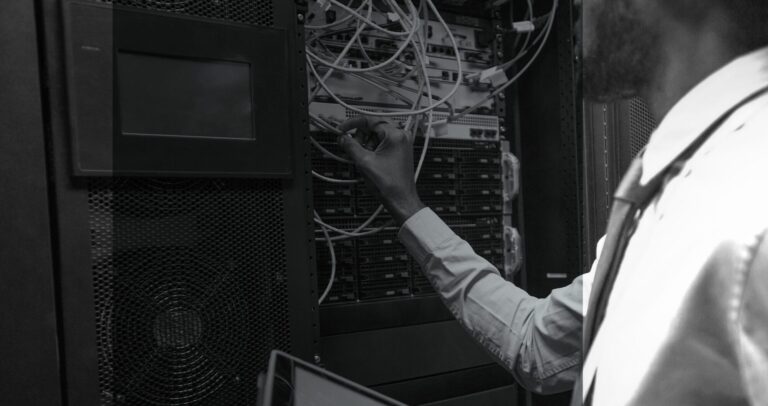Tobias Braun emulates one of his heroes, football coach and superstar Juergen Klopp when it comes to the mammoth task of modernising mainframe software estates. He channels Klopp’s mantra, ‘believe in yourselves, stay positive and work hard’ when playing the long game of mainframe migration.
Liberating businesses from their bondage to legacy applications restores their freedom to choose their future and better support their customers. Tobias’s determination to retain the integrity of customers’ legacy while giving it a fresh lease of life on a modern platform can lead to unconventional outcomes, too. Recently, after LzLabs migrated an old application, it was found to function better in the destination environment than its newer replacement. The customer kept the old and retired the new.
Trust is the linchpin of modernisation
Tobias’s willingness to respect and work around mainframe applications—if they remain the best solution —builds trust, an asset that can’t be overvalued when two parties embark on a migration journey together. The most recent (23rd) Edelman Trust Barometer found that some business leaders are trusted more than governments and other democratic institutions, exceeding elected premiers and governments by an average of 12 percentage points. Business leaders seem to have a new moral role to play in restoring trust and integrity, and mainframe migration is one conduit.
Trust does not happen overnight or reside in the capability of a single person. Instead, it must be embedded in the talent and values of a team. Tobias cites the inspiration of Klopp, former coach of Mainz, his hometown football team. “Klopp created an incredible team that was promoted to the 1st Bundesliga—without the benefit of the most expensive players. It was all about attitude, team spirit and positive mindset”. It took three attempts to reach the top division. Today, he is admired all over the world for his management genius.
“Believe, stay positive, work hard”
When he joined the IT sector, Tobias took the Klopp mantra with him, along with his adventurous spirit. The nascent industry offered many opportunities, including the prospect of becoming financially independent early on. “It wasn’t my ambition to go to university—my father is a traditional guy, and his advice was to earn a living, not to study.” Tobi could have chosen medicine, but he opted for IT because it provided the chance to study and earn at the same time on a hybrid degree course.
The desire to become financially independent while studying landed Tobi at IBM, then the biggest mainframe manufacturer and service provider in the world. After three years of study, it was time to apply for a ‘real job’ and interns were directed to the database of in-house jobs. The only role offered where Tobi could combine his interests and strengths in technical and sales disciplines was in the mainframe space. It is curious that during his student days at IBM, “There was no PL1 or Cobol. But lots of Java, distributed computing architecture,” Tobi remembers.
Look to the future — and embrace it
Tobi got the job, transferred to an old factory in his hometown of Mainz, and was astonished by what he found. “Culturally, it was a shock. Everything—the building, infrastructure, and attitude—was old-fashioned. Many of the guys were waiting for retirement. There needed to be more motivation to learn something new or do something different. Everything was outdated, including the mindset.”
The experience was formative and a rich source of learning that Tobi draws on today in his LzLabs role of helping clients modernise their mainframe estate. “Nowadays, people are well aware they are living on borrowed time. But making the first move is still really scary. It’s quite common and understandable for incumbent technical teams to worry about new methods and technology cannibalising their jobs. “The lightbulb moment is when they see the solution will support and employ them in the future”.

Resilience comes from hard-won experience
Cultural transformation is the hardest part of a three-part challenge that customers face when undertaking modernisation, Tobi confirms. The other two parts are sourcing skills and reducing costs. “There’s no mainframe-literate Generation Z coming through to take care of critical applications that can write in PL1 or Cobol. Businesses are in danger of losing their business logic.” As for the cost: “The mainframe is a solid platform, but the environment relies on a considerable licence-fee model.”
It takes resilience and a shared passion for change to be part of the LzLabs team. Mainframe veterans and colleagues—now in their 70s—still channel their know-how and desire to move mainframes into the modern age. “It’s inspiring—they are my role models”. Nowadays a curved ball may come in the form of Generative AI. “There is a fantasy that GenAI can conveniently turn all legacy apps into nice executable Java code within an elegant architecture. Not true! We must tell customers that GenAI is a tool, not an out-of-the-box solution.”
Modernisation is an essential journey that rarely offers an easy ride, calling for integration prowess and patience. “Every installation is unique, and businesses are reliant on and invested in their legacy architectures,” says Tobi. But the starting point for the necessary shift is, he says, trust. “At LzLabs, everyone shares a mainframe background. At various times, each member of our team has made that journey. We can discuss it with customers as equals.”







